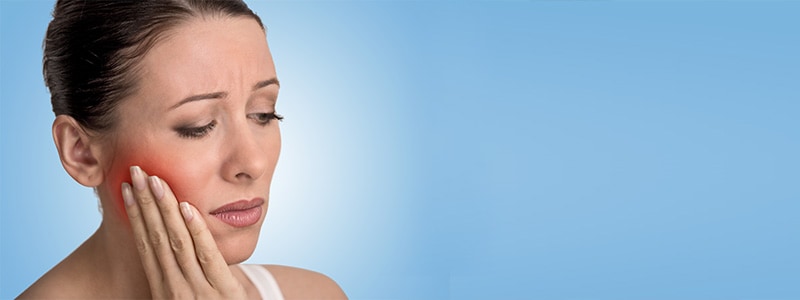- Homepage > Services > General Dentistry
TOOTH EXTRACTION
What are the indications for tooth extraction?

What to tell your dentist before a tooth extraction?

What to expect during tooth extraction?
Before the extraction, your dentist will give you an injection of a local anaesthetic to numb the area where the tooth will be removed. Using a forceps, the tooth is grasp and gently rocked back and forth to loosen it from the jaw bone and ligaments that hold it in place. Sometimes, a hard-to-pull tooth may need to be removed in pieces.
What to expect after tooth extraction?
Once the tooth has been extracted, a blood clot usually forms in the socket. The dentist will pack a gauze pad into the socket and have you bite down on it to help stop the bleeding. Sometimes the dentist will place a few stitches to close the gum edges over the extraction site.
In certain circumstances such as when you’re a heavy smoker, the blood clot in the socket breaks loose, exposing the bone in the socket. This is a painful condition called dry socket. If this happens, your dentist will likely place a sedative dressing over the socket for a few days to protect it as a new clot forms.
Helpful tips to minimize discomfort, reduce the risk of infection and speed recovery

When to call your dentists?

The initial healing period usually takes about one to two weeks. New bone and gum tissue will grow into the gap. Over time, however, having a tooth (or teeth) missing can cause the remaining teeth to shift, affecting your bite and making it difficult to chew. For that reason, your dentist may advise replacing the missing tooth or teeth with a denture, bridge or an implant.
We look forward to seeing you!
RELATED SERVICES
RELATED BLOGS
Book Your Appointment Today




